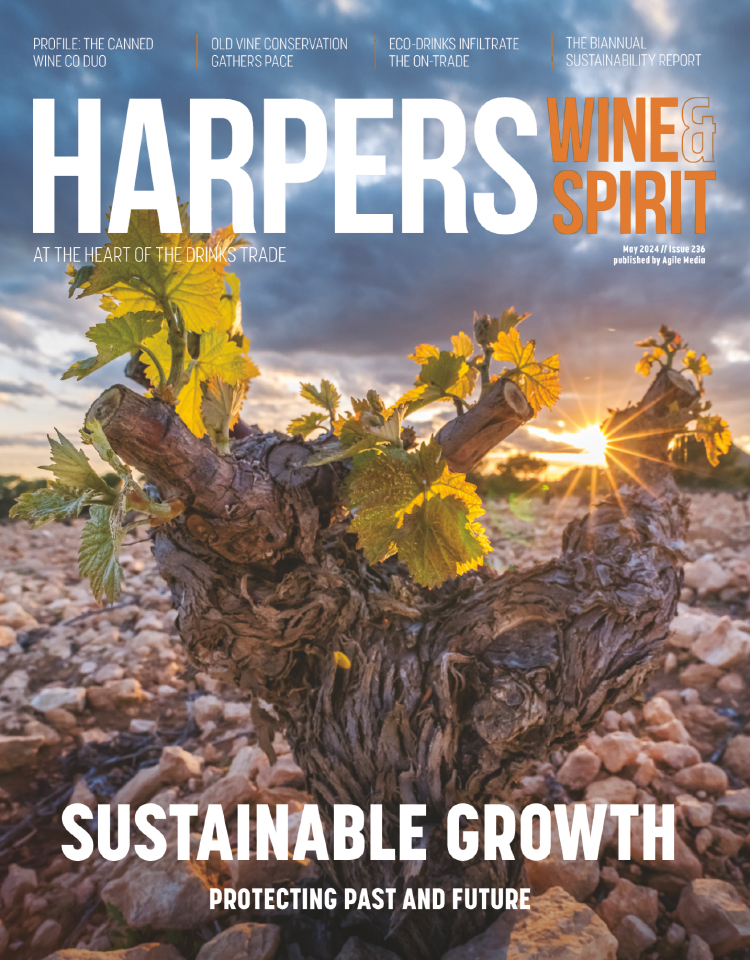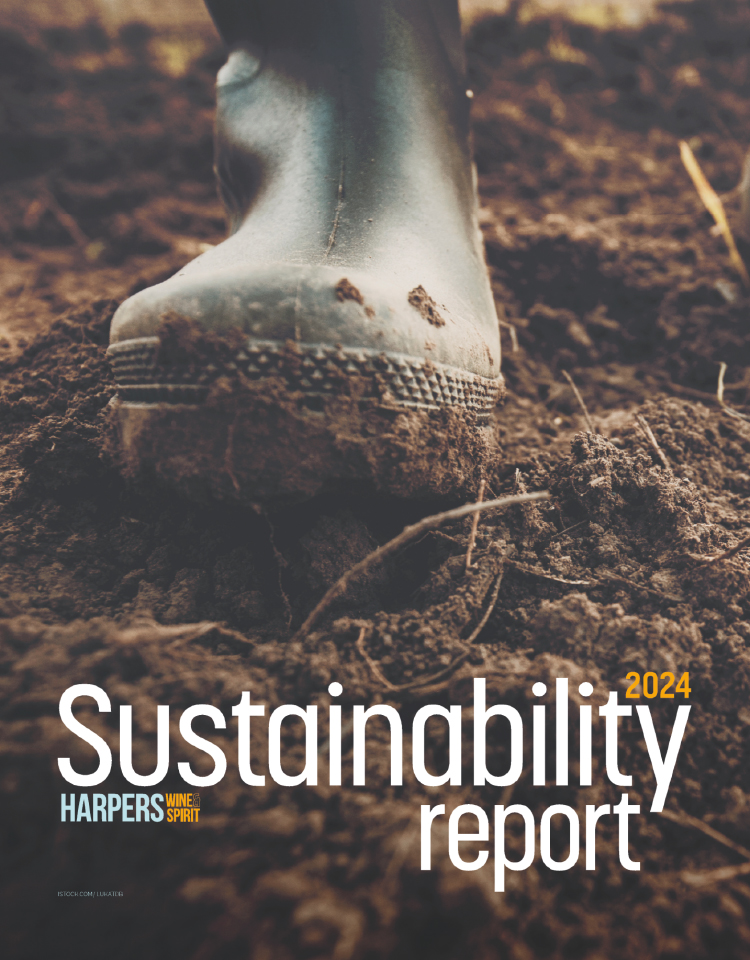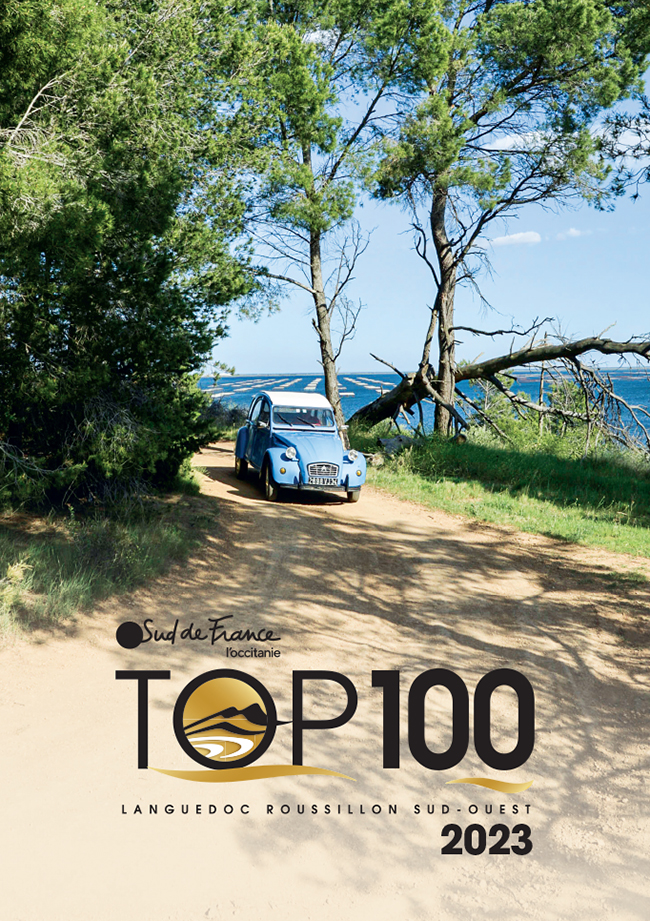The big slow down
The Slow Food movement, an international non-profit association founded as a response to the standardising' effects of fast food and the frenetic pace of the fast life', has been far from slow in spreading its doctrine. In less than 20 years, what began as a small gathering of food- and wine-loving friends in the Italian town of Bra has grown to 83,000 members in 107 countries.
In six of those countries - Italy, Germany, Switzerland, the United States, France and Japan - a national association has also been established to coordinate the growing number of local events being organised each year.
The UK's Slow Food membership doubled in the last 18 months, and in August this year it became the seventh country to launch a national association, holding the founding congress of Slow Food UK on the Isle of Skye in Scotland. But what does
this mean for the UK's growing number of Slow Food members and UK producers of slow' food and drink?
From its new national office, headed by executive director Fiona Richmond, Slow Food UK plans to organise a series of national events, actively promote the philosophy of Slow Food in the UK and attract more members. But its main role is to support the network of small volunteer-run groups that drive Slow Food.
Every member of Slow Food belongs to a group (known as a convivium) that organises local events such as tasting workshops, slow dinners and farmers' markets. Speaking at the congress, Slow Food founder Carlo Petrini explained that these activities are central to Slow Food because they connect the consumer and the producer directly.
The promotion of the UK's own Slow Food production is central to this. Slow Food UK plans to expand its Ark of Taste programme, which focuses attention on products that are at risk of extinction but have real commercial potential if properly developed and promoted. One element of this is the Slow Food presidia projects, which protect and promote food and drink produced within specific geographical areas, along the same lines as an appellation d'origine contrle (AOC).
There are currently only five presidia in the UK (Cornish salted pilchards, old Gloucester beef, old Gloucester cheese, artisan Somerset cheese and Three Counties Perry) in contrast to the 200 in Italy, but the plan is to expand the initiative as the UK office gears up.
But where does wine come in to this? According to Richmond, wine is central to the Slow Food philosophy of celebrating the pleasure of taste. English and Welsh wine plays a part in many convivium events and wine tasting is a popular Slow Food activity. Slow Food London, run by Wendy Fogarty, the founder of Slow Food in the UK, is one of the most energetic UK convivia, and it has an active wine-education programme run by David Natt and Silvija Davidson. Other convivia work closely with local wine merchants and wine producers to hold tasting workshops and wine dinners.
Slow Food UK already has 2,000 members and it is growing fast. It's an opportunity for everyone, both food and wine lovers, to slow down and indulge in the pleasure of taste.
Fiona Richmond, executive director, Slow Food UK
Slow Food UK appointed its first executive director, Fiona Richmond, earlier this year. She will be based at the Slow Food International headquarters in Bra, Italy, for the first year so that she can immerse herself in the Slow Food culture' before returning to the UK in early 2006 to set up a national office.
What brought you to Slow Food?
Like many of our members, I've always tried to live a Slow Food life. I saw a television programme about Slow Food's activities in Italy around the time it was first founded, and the concept stayed with me. Then last year I read an article in [Scottish national newspaper] The Herald about a cheese tasting that was being held in the heart of rural Lanarkshire by cheese-maker Humphrey Errington. It was a glorious day: we learnt all about the local agriculture and the farm's shorthorn cattle, saw how the cheese is made and enjoyed a huge tasting and picnic. It was a bit of a revelation to find a global organisation that encapsulated my personal values and beliefs. So from there I threw myself into the local group (Slow Food Edinburgh) and got involved in organising a fund-raising wine-tasting event for more than 300 guests in Edinburgh's Botanic Gardens. Before I knew it, I was in Italy looking after Slow Food members in the UK. The job just came up at the right moment.
How much will the formation of a national association change Slow Food in the UK?
It will change things quite a lot because we will have a dedicated office to support the convivia. We are also hoping to get charitable status so that we will have more resources to fund our activities. So much has been done already by the convivia but it has all been on a voluntary basis, because we are a non-profit organisation, so the average person in the UK still doesn't know what Slow Food is. We really need a dedicated UK office to take things forward.
What do the convivia do?
We have very general guidelines for convivia but they are free to do what they want within those guidelines. The groups interpret the philosophy of Slow Food through participation in farmers' markets, holding tasting workshops and activities such as taking people out on farm walks. There is also a lot of partnership work going on with local councils. Bristol has just set up the UK's first Slow Food market, which features 35 specially selected producers. That's been a really good example of working with local organisations to make things happen.
Where will the UK office be located?
We are considering various options - the Highlands of Scotland, Bristol, London - but we are very open to suggestions. Obviously it depends on resources, and there will be a lot of factors that influence the decision, but I would like it to be somewhere very slow. The Slow Food headquarters are in a small market town called Bra in the heart of Barolo wine country, rather than in a big city.
Will you be on your own?
We are going to try to employ someone else and also take on some interns to help out. There is so much demand for information about Slow Food - I am inundated every day with enquiries from the general public wanting to join Slow Food UK, from organisations wanting to partner up with Slow Food and from food festivals that want Slow Food to be involved with their events.
How important is wine for Slow Food UK?
Food and wine are natural partners, and wine features heavily at many convivium events. We hold lots of wine tastings, particularly of English and Welsh wine, which I am personally looking forward to learning more about and giving a higher profile. The leader of the Cornwall convivium, which launched earlier this year, is from Camel Valley Vineyards. Slow Food Oxon has also held a lot of events featuring English wine. That gives me a lot of joy, because there must be many people in the UK that don't even know wine is produced here. Also Italian wine events are always very popular.
What involvement do you have with UK wine merchants?
We have lots of collaborations with wine companies. Enotria Wine Cellars is one merchant that has been very keen to work with us. Slow Food publishes a guide to eateries in Italy, and we would like to do something like that for the UK, possibly in association with Enotria. Slow Food also raises the profile of quality, typical wines that are not aimed at the mass market
and are usually distributed by small, independent wine merchants.
What other drinks products are important to Slow Food UK?
We are really keen to work closely with CAMRA and hold some beer and food dinners because it could be a good way to get young people on board.
Why did you choose Skye as the location for the first UK congress?
It's a very slow island in so many respects. The natural environment is beautiful and everywhere is so close to the sea. For the opening-night meal, everything we ate - langoustines, crab, salad leaves, cheese - was sourced locally, and there is a fantastic range of producers on this island. What Slow Food values is the taste, quality and pleasure of eating, and that rings so many bells with people here. There is no other organisation in the UK that is really focusing on taste. A lot of organisations talk about food, but their activities don't really involve any eating.
What events do you have planned for the coming year?
Each convivium has its own programme of activities, but I will also be planning some national events. The Slow Food London Sustainable Development Commission dinner that was held recently started raising funds for the UK, and we will be organising more of that kind of event, particularly dinners featuring presidia products.
How can people join Slow Food?
Either online at the Slow Food website (www.slowfood.com) or by phoning or e-mailing me directly (+39 0172 419 664; e-mail: f.richmond@slowfood.com).
I really want as many people as possible to come along to events. This is a grass-roots movement, and there is something for everyone.







